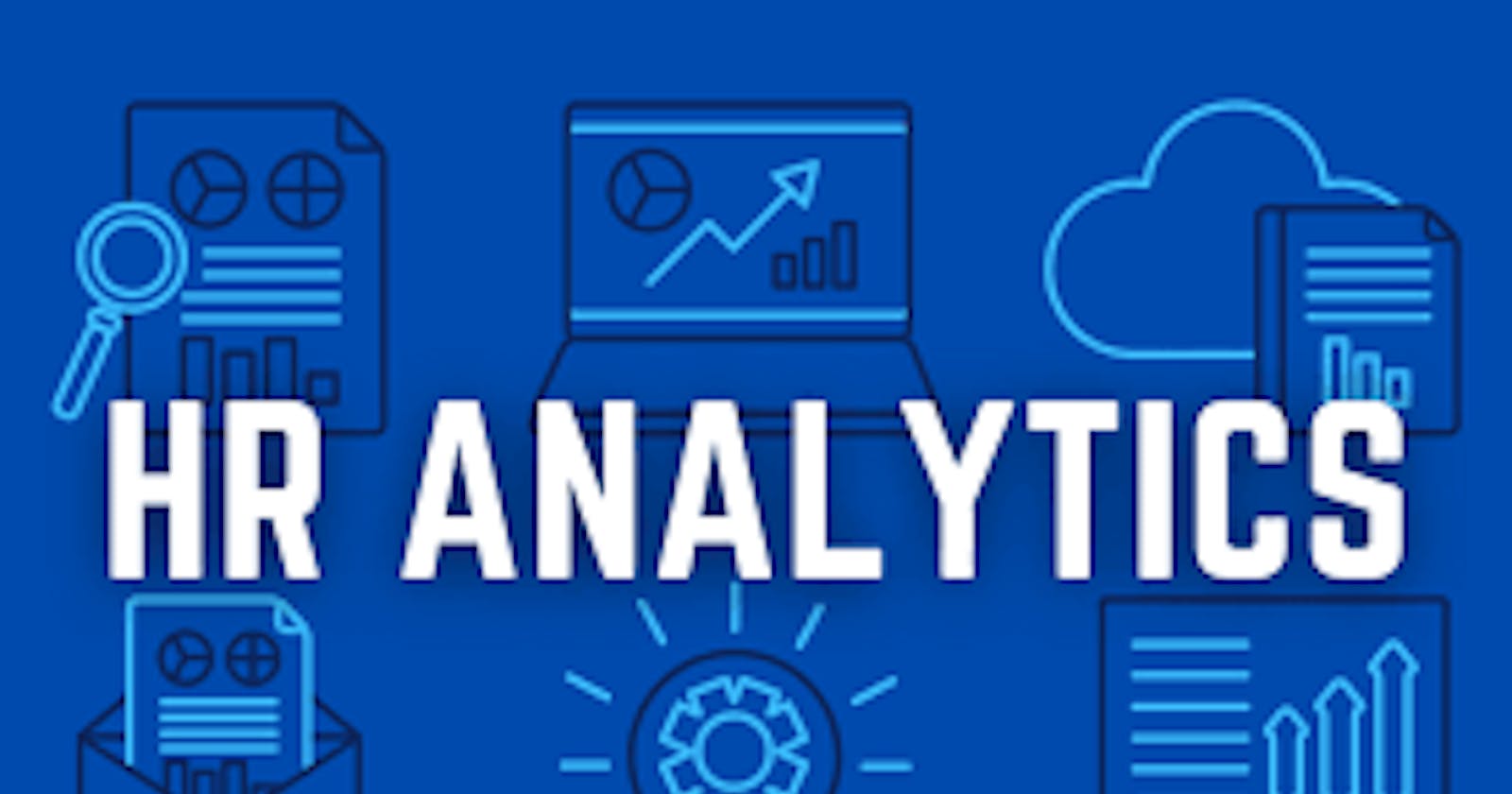Introduction
Human Resources (HR) professionals are increasingly using analytics to inform their strategic decisions in today's data-driven society. HR analytics is the process of using data to acquire understanding of several facets of the workforce, such as hiring and retaining talent as well as managing performance and employee engagement. HR workers need a certain set of credentials and talents that combine knowledge of HR procedures with analytical capabilities if they want to succeed in this industry. In this blog post, we'll examine the essential knowledge and abilities needed for HR analytics success as well as the advantages it can offer businesses.
The gathering and use of personnel data, commonly referred to as "people analytics," is done to enhance important business and talent outcomes. professionals in HR analytics assist HR professionals in creating data-driven insights to guide hiring decisions, enhance workforce operations, and foster a great employee experience.
a strong HR foundation
HR practitioners should have a solid basis in HR practises before diving into analytics. It's critical to comprehend the foundational concepts of employee relations, salary, and benefits. This information offers the context required for an efficient analysis of HR data. It enables experts to spot trends, correlations, and patterns that can inform strategic choice-making.
Knowledge of data
Data literacy is required for professionals working with HR analytics. This requires being at ease with data, comprehending its structure, and having the ability to successfully evaluate and share insights. Working with huge data sets is a common task while conducting HR analytics, thus being proficient in programmes like Excel, SQL, and statistical software is crucial. Furthermore, HR professionals can display complicated information in a visually appealing and intelligible way by having a basic understanding of data visualisation tools.
Critical thinking and Analytical Skills
Skills in analysis and critical thinking form the basis of HR analytics. In order to ask the correct questions and explore data to find insights, HR professionals need to have a curious and inquisitive mentality. They should be able to analyse HR information, spot patterns, and create prediction models by using statistical techniques. Professionals who possess critical thinking abilities can also assess the validity and significance of evidence, resulting in correct and valid conclusions.
Business savvy
The business goals and strategy of the organisation must be well understood by HR analytics professionals. As a result, they can match HR activities with more general organisational objectives. HR practitioners can show the value and effect of HR efforts on the bottom line by connecting HR analytics data to important business indicators. Professionals who possess business acumen can also spot opportunities for organisational advancements through analytics and make practical suggestions.
Conversation and Power
To effectively communicate insights and suggestions to stakeholders within the organisation, HR analytics experts need to have great communication skills. They must be able to convert intricate analytical results into communications that are understandable to both technical and non-technical audiences. Additionally, the capacity to persuade decision-makers is essential to ensuring that strategic initiatives incorporate HR analytics information. Driving data-driven decision-making requires forging strong bonds with stakeholders and proving the worth of HR analytics.
Conclusion
The way businesses manage their employees is changing as a result of HR analytics. HR workers can get useful insights that support evidence-based decision-making by utilising data and analytics. HR practitioners need a mix of strong HR knowledge, data literacy, analytical and critical thinking abilities, business acumen, and strong communication skills to excel in this industry. By optimising talent management procedures, raising employee engagement, and boosting organisational performance, embracing HR analytics and developing these credentials and abilities benefits not only HR departments but also organisations as a whole.Want to lrarn HR analytics course join Learnbay.
